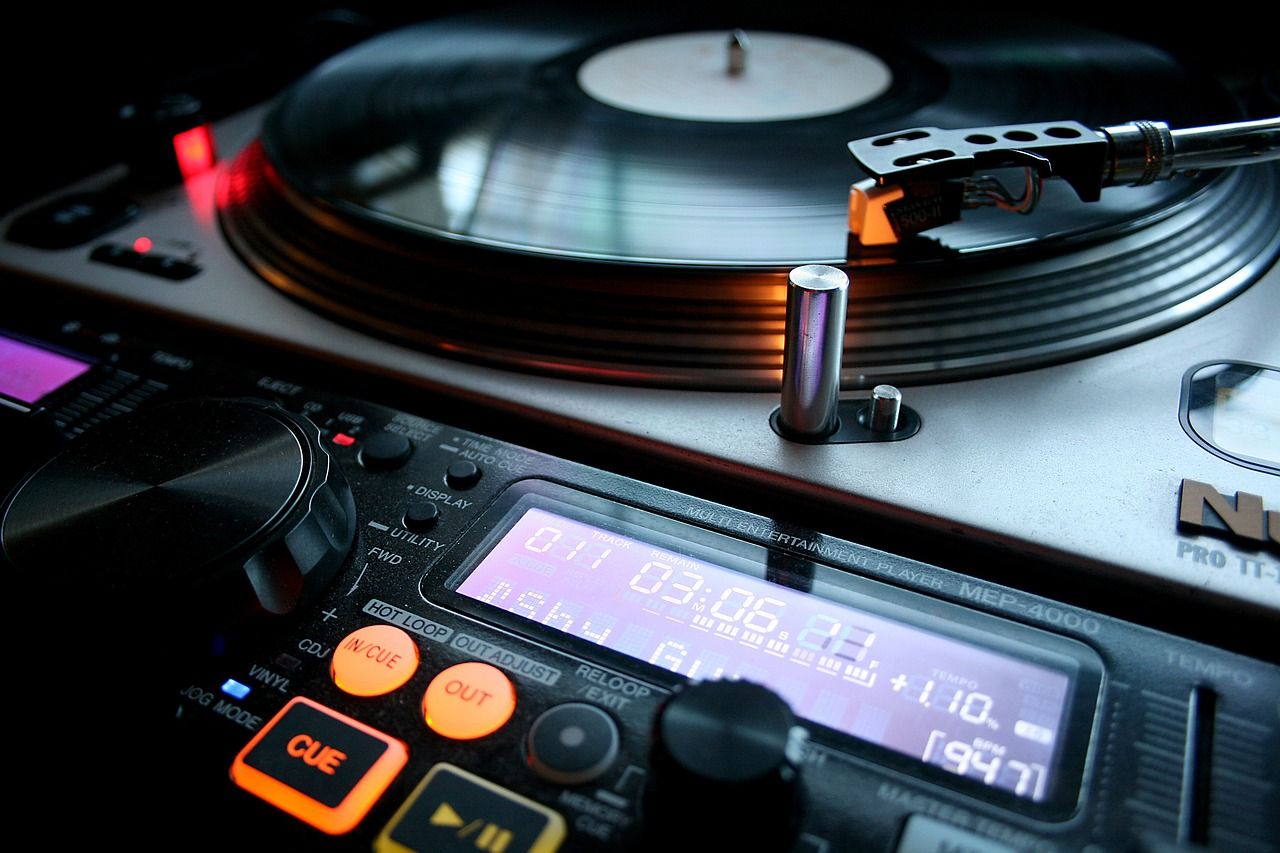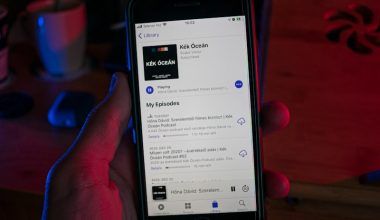If you’re a musician or an aspiring artist, you’ve probably heard the term “EP” tossed around quite a bit. It’s an abbreviation for Extended Play, a collection of songs that’s longer than a single but shorter than an album. But the big question is, how many songs should an EP have? Is there a magic number? Well, let’s dive in and break it all down.
What Is an EP and Why Should You Create One?
Before we jump into the numbers, let’s take a moment to understand what an EP really is. An EP sits in the sweet spot between a single and a full-length album. It’s often seen as a stepping stone for new artists or a creative outlet for established musicians to experiment.
An EP typically ranges from 3 to 6 songs, though there’s some flexibility depending on your goals and genre. The idea is to keep it concise and engaging—just enough to leave your listeners wanting more.
If you’re new to the music industry, an EP is a great way to showcase your talent without committing to a full album. Albums take time, energy, and a lot of resources. EPs, on the other hand, are quicker to produce and can still make a big impact.
Why Does the Number of Songs in an EP Matter?
You might be wondering, why does the number of songs even matter? Can’t you just add as many as you want? The answer is both yes and no. While there’s no strict rule, the length of your EP can influence how it’s received by listeners, streaming platforms, and even the industry itself.
Having too few songs might make your EP feel like a glorified single. On the other hand, too many tracks might blur the line between an EP and an album. That’s why finding the right balance is so important.
Most EPs include 4 to 5 tracks, which seems to be the sweet spot for many artists. It’s long enough to give listeners a taste of your style but short enough to keep their attention.
The Magic Range: 3 to 6 Songs
So, how many songs should an EP have? Industry standards suggest 3 to 6 songs is the perfect range. Let’s break this down a bit:
- 3 Songs: This is the bare minimum for an EP. It’s perfect if you’re just starting out or want to release a short project. However, keep in mind that three tracks might not give you enough room to fully showcase your range as an artist.
- 4 to 5 Songs: This is the sweet spot. It offers enough variety to keep things interesting without overstaying its welcome. Most listeners are happy to stick around for 15 to 20 minutes, which is the typical runtime of a 4- or 5-song EP.
- 6 Songs: While still considered an EP, six tracks start to flirt with the length of a mini-album. If you’re confident in the quality of your songs and have a cohesive theme, this could work well for you.
How Long Should an EP Be?
It’s not just about the number of songs—runtime matters too. Most EPs run anywhere from 10 to 25 minutes. The idea is to keep it digestible. In today’s fast-paced world, attention spans are short, and listeners appreciate brevity.
If your songs are longer (say 5 minutes each), you might want to stick to 3 or 4 tracks. But if your tracks are shorter (around 2 to 3 minutes), you can comfortably include 5 or 6.
Genre Matters Too
Another factor to consider is your genre. Different genres have different expectations when it comes to EPs:
- Pop and Electronic: These genres often stick to shorter tracks, so a 5- or 6-song EP makes sense.
- Rock and Indie: Artists in these genres might go for longer, more experimental tracks, which means fewer songs per EP.
- Hip-Hop and R&B: These genres tend to focus on storytelling and vibes, so a cohesive 4-song EP can work beautifully.
EP vs. Album: Where’s the Line?
It’s easy to get confused between an EP and an album. The key difference lies in length. A full-length album typically has 7 or more songs and runs over 30 minutes. If your project is creeping into those numbers, it might be time to call it an album instead.
However, don’t feel pressured to add extra songs just to meet album criteria. Quality always trumps quantity. If you have a tight collection of 5 amazing tracks, it’s better to release a killer EP than a mediocre album.
Benefits of Keeping It Short
When you’re deciding how many songs to include in your EP, remember that less can be more. Here’s why:
- Easier to Produce: Producing a smaller number of tracks means you can focus on quality. Every song can be polished to perfection.
- Budget-Friendly: Recording, mixing, and mastering songs isn’t cheap. An EP lets you make an impact without breaking the bank.
- Keeps Listeners Engaged: A short, well-crafted EP is more likely to be played in its entirety. Albums, on the other hand, often lose listeners halfway through.
- Perfect for Streaming Platforms: In the streaming era, attention spans are short. Releasing an EP can keep your audience hooked while building anticipation for future releases.
How to Decide on the Number of Songs for Your EP
If you’re still unsure about how many songs your EP should have, ask yourself these questions:
- What’s Your Goal? Are you introducing yourself to new listeners? Testing out a new sound? Your purpose will help guide your decision.
- Do You Have a Cohesive Theme? An EP often works best when the songs feel connected. If you have a strong theme or story, let that dictate the length.
- What’s Your Budget? Producing more songs means spending more money. Be realistic about what you can afford without compromising quality.
- What Do Your Fans Expect? If you already have a fan base, think about their preferences. Would they appreciate a concise project or a slightly longer one?
Final Thoughts
So, how many songs should an EP have? While the standard range is 3 to 6 tracks, the final decision depends on your goals, budget, and creative vision. Remember, an EP is your chance to make a statement as an artist. Whether it’s 3 songs or 6, focus on quality over quantity, and your listeners will thank you.
At the end of the day, your EP should feel like a complete, satisfying experience. Keep it short, sweet, and packed with your best work. Who knows? It might just be the stepping stone to your first full-length album.
For further reading, explore these related articles:
- Exploring the Amazing World of Rock Singers: Legends, Styles, and Why We Love Them
- Kids Songs: Simple Tunes, Big Smiles
For additional resources on music marketing and distribution, visit DMT Records Pvt. Ltd.






